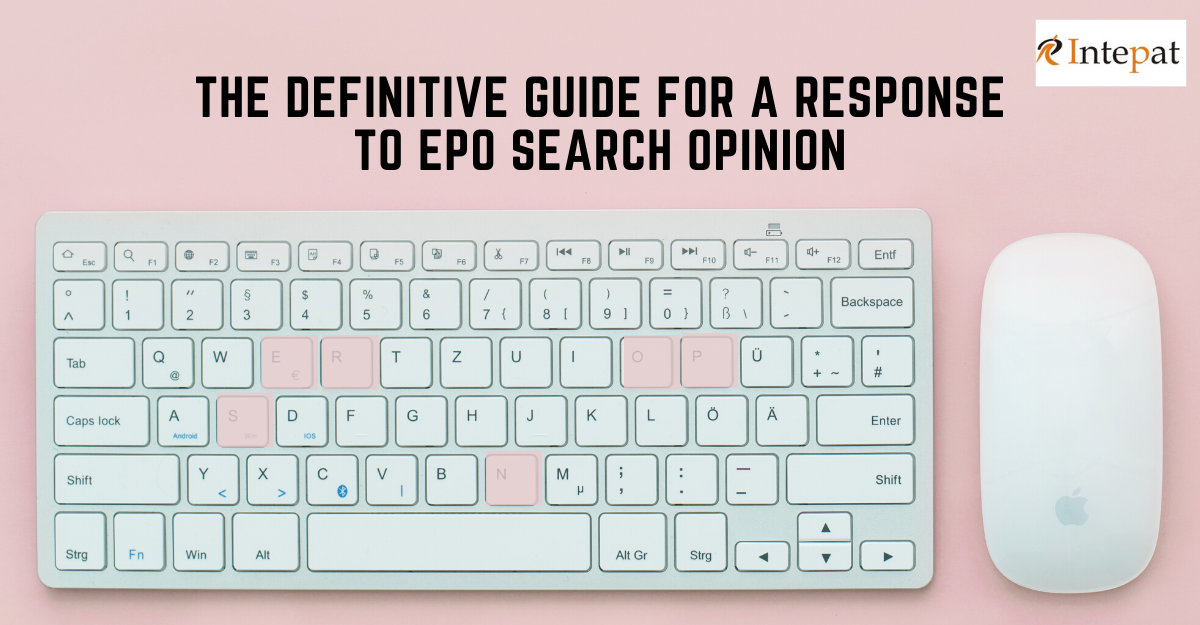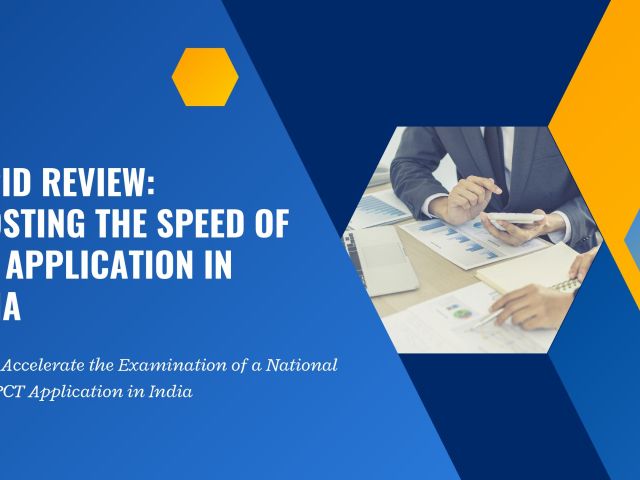A search opinion gives a more in-depth insight into the patentability of the invention to the applicant. Furthermore, it is a thoughtful initiative from the European Patent Office to keep the inventor informed about the patent application.
The European Patent Office (EPO) initiates a search after completing the initial formal examination of the patent. The search report from EPO arrives within six months of filing a patent application. It is given along with the extended European Search Report (EESR) from the EPO.
Timeline for responding to a Search Opinion
Direct European route applications: The procedures for granting patents are governed by the EPC only, for direct European route applications. The inventor must respond within the deadline for requesting an examination. It is usually six months from the date of publication of the search report.
Euro-PCT route applications: In these applications, the initial grant procedure is governed by the PCT and the regional phase before the EPO as designated or elected Office is governed primarily by the EPC. In such cases, the EPO usually grants a period of six months to file voluntary amendments before the preparation of the supplementary search report. However, the actual deadline depends on the communication from EPO after issuing the search opinion.
If the applicant fails to respond to the opinion within the stipulated time, the EPO considers the application as withdrawn. They notify the applicant regarding it. If one still wishes to proceed with the application, they can request for further processing (Article121 and rule135).
The Purpose of Search Opinion
In general, the search opinion will help in the decision making of the applicant. Based on the opinion, the applicant can conclude whether to proceed with the application or not.
Responding to a Positive Search Opinion
An EPO patent application receives a positive opinion if the search complies with the EPC requirements. It is a good sign, and the patent applicant can expect to be granted the patent. Moreover, it is a good chance for the applicant to come forward and make any amendments voluntarily if necessary. However, the applicant should ensure to make the amendments before further examination of the application. This is because amending an application after this stage is only at the discretion of the Examining Division. The applicant can confidently proceed to pay the examination fee subsequently.
Responding to Search Opinion with Objections
If EPO finds that the patent application does not meet the EPC requirements, the search opinion will document a detailed description of their objections for proceeding to grant the patent. One must note that these objections may be for formal as well as substantive issues. When an applicant receives objections in the search opinion, they can either argue against the objections or go on and make necessary amendments.
Amending the Application
The applicant can make amendments to the claims, descriptions, and drawings. However, they must be aware of not include new subject matter while making amendments to the application. It is of utmost importance that the applicant makes sure the content does not move beyond the filed application. Above all, one must always quote the reference to the original application based on which they have amended. In some instances, the amendment may not quote any reference to the original application. Usually, the EPO grants time for a month demanding an explanation.
If an EPO search does not cover a particular subject matter, then the applicant cannot make any amendments to claims to match that subject matter. However, one can make amendments if it is related to the same concept of the subject matter at the EPO search.
The applicant’s decision
Based on the search opinion, the applicant may either decide to proceed with the patenting procedure or decide to withdraw from the process. On deciding to proceed with the application, the applicant has to pay the examination fee. Once paid, the EPO asks for the applicant’s confirmation to proceed with further examination.
If the applicant wishes not to proceed, then the application will be deemed withdrawn once it reaches the deadline for responding. If one has already paid the examination fee, the EPO refunds it. On the other hand, if the applicant decides to withdraw at a later stage, but before EPO carries out the substantive examination, then the fee will be refunded partially.
Search opinion is a checkpoint for every applicant to decide on whether to proceed with their patent application. Making the right decision at this stage will always save time and money for the inventor.




